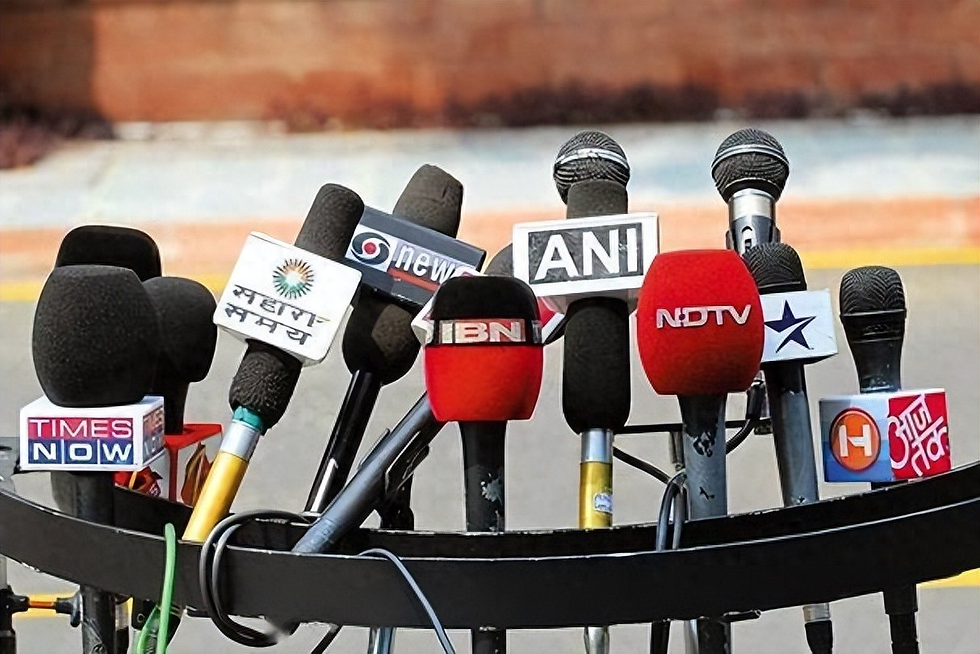Pakistan has become the first Muslim country to have a lunar satellite, causing neighboring India to feel shaken.
- CosDream News

- May 28, 2024
- 3 min read
Updated: Jun 5, 2024
A new flag is about to be planted on the moon!
China and Pakistan have jointly announced that they will embark on the venture of conquering the moon together.
This news has quickly sparked heated discussions worldwide, especially causing shockwaves in neighboring India.
This is not just an ordinary space program but a contest of technological prowess and geopolitical maneuvering.
The "Hall of Technology" on the moon is no longer marked solely by the footprints of the United States and the Soviet Union; China and Pakistan also aim to leave their marks.
China's Chang'e 6 lunar probe has shown remarkable performance, with Chang'e 5 successfully bringing back lunar samples. Now, Chang'e 6 plans to take Pakistan's ICUBE-Q satellite to the moon, a collaboration that is astounding; the flags of both nations will fly together on the moon.
This is the true essence of 'technology knows no borders'!
The collaboration between China and Pakistan will create waves in the international aerospace field. But more importantly, two Asian countries demonstrating cooperation in high-end technology symbolizes the rise of Asia's technological prowess.
Imagine when the technological equipment of China and Pakistan successfully lands on the moon; the spotlight will be on Asia.
This will be the best promotional video, placing the tag of 'Made in Asia' on the moon, showcasing to the world: 'We have arrived, and we are united!'
On Indian internet forums and social media platforms, the voices of Indian netizens flood in like a tide.
They anxiously discuss the grand move of China-Pakistan cooperation on the moon.
Some marvel at China's progress in space, while many worry that India might lag behind in the space race.
"Do we need a partner?" one Indian netizen asks anxiously.
International cooperation is crucial for India.
China's achievements in space, especially its cooperation with Pakistan, have left a deep impression on India.
These signs warn them: technological lag might lead to a relative decline in overall national strength.
In this new chapter of space exploration, China has demonstrated an attitude of open cooperation, acting as the conductor in the cosmic symphony.
This is not just a technological showcase but also a manifestation of strategic thinking.
At the same time, as another major country in Asia, India seems somewhat caught off guard in the lunar program.
Faced with the joint progress of China and Pakistan, the anxiety of Indian netizens is palpable.
Some ask anxiously, 'When will we catch up?'
Some ponder, 'What we lack is not just technology but also cooperation.'
India's space program once shone brightly, but it seems to lack remarkable performances in international cooperation.
In this era, for a country to stand firm in the space race, it not only needs advanced technology but also strong international partners.
This is the age where unity is strength, and isolationism is outdated.
India may need to reevaluate its situation.
It's not that it cannot, but rather it hasn't found the right partners and hasn't embarked on strong cooperation.
The actions of China and Pakistan give India an opportunity to rethink its strategy, forge friendships, and jointly create a new era of space exploration.
Scientific exploration may sound lofty, but in reality, it's just humans continuously exploring the unknown with curiosity.
This requires an open mindset and a cooperative attitude.
Just like moving houses, can you do it alone?
Scientific exploration requires teamwork; it requires international cooperation.
Whether it's NASA, Russia's Roscosmos, China, or the European Space Agency, everyone is looking for partners, sharing technology, sharing risks, and sharing success.
This spirit of teamwork is humanity's most precious trait.
Heading into the universe, exploring the unknown, all countries should strive for this.
Perhaps one day, we can hang the flag of Earth in some corner of the universe.










Comments